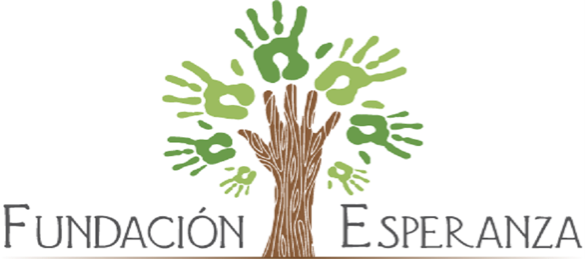
Fundacion Esperanza

Fundación Esperanza is focused on placing orphans with forever families. In cases when that doesn’t happen, Fundación Esperanza provides good, holistic care for the children while they are legally in our care, and helps them transition successfully into adulthood. We currently have a Baby Home with 22 children, a Boys’ Home with 10 boys, and two 18 year-old women in the Life Transition Program. We also have a Saturday afternoon ministry bathing, clothing, and feeding street children.
(Fundacion Esperanza Overview from Lifesong for Orphans on Vimeo).
Below is more information taken from http://www.lifesongfororphans.org/countries/bolivia:
The South American country of Bolivia is home to more than 13,000 orphaned, abandoned and vulnerable children who live without hope every day. Of these 13,000 boys and girls, an estimated 5,000 live within the city of Cochabamba. While a small number of adoptions do occur each year, the vast majority of these children grow up either on the streets or in orphanages and institutions, completely unaware of what it is to be loved or told they are a precious creation of God. While the future may currently be bleak for some, Fundación Esperanza (Hope Foundation), a ministry of Lifesong for Orphans, is committed to changing the trajectory of orphaned and vulnerable children in Bolivia.
- Home Care for BIRTH – Age 4
- 24-hour care in a residential setting, basic needs met by Christian care givers
- On-staff social workers reuniting orphans with biological family or adoptions
- Home Care for Age 4 to 18
- 24-hour care in a Christian foster family setting or traditional Home
- Life skills and discipleship through mentoring program
- On-staff social workers reuniting orphans with biological family or adoptions
- On-staff psychologists for mental health counseling
- Health care and education in local community
- Transitional Care for Age 18+
- Guided independent living environment as they transition into adulthood
- Mentoring and goal setting in a trade or higher education
- Sustainable Business Programs
- Provide employment opportunities and training: staff, teens aging out of orphan care
- Provide business model to supplement orphan care costs for legacy sustainability

